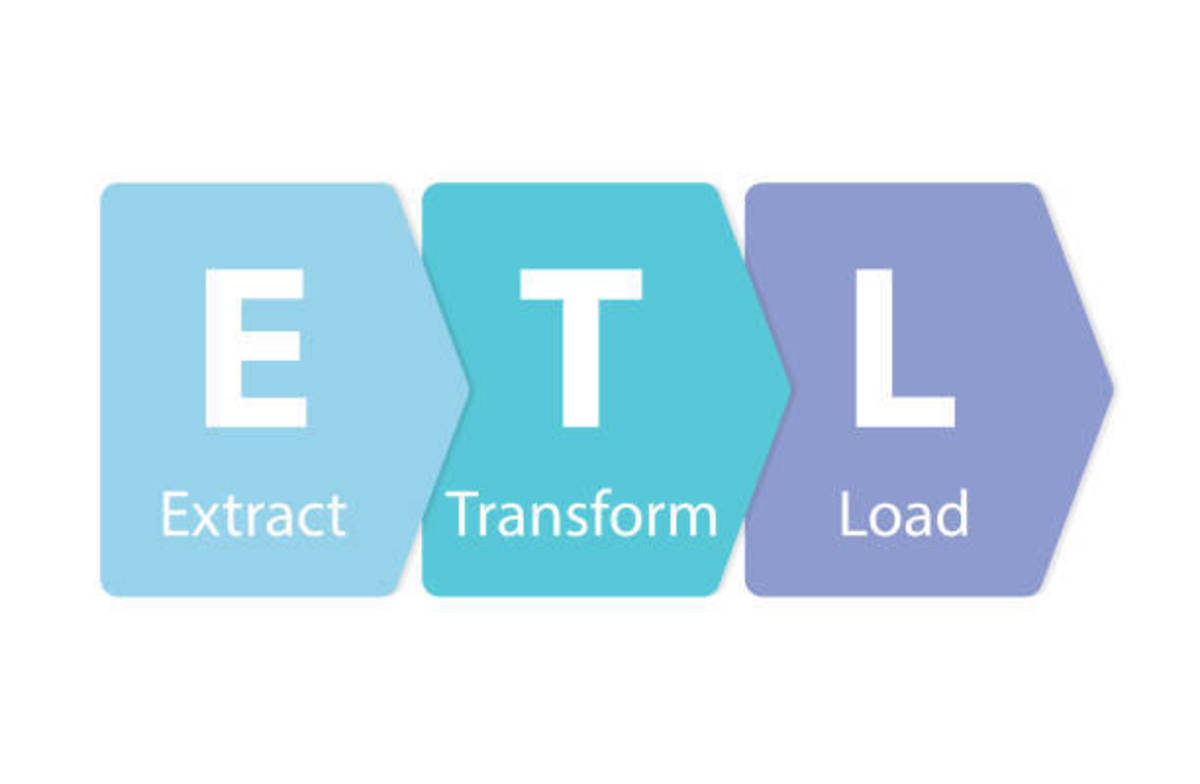Data Lake – A Game Changer for Big Data Analytics

Data Lakes have become the cornerstone of several big data implementations. Compared to data warehouses, data lakes offer huge benefits, especially when working with large volumes of unstructured data generated at high velocities.
Though Data Lakes are rapidly gaining momentum across organisations of all sizes there is still plenty of confusion on – what is it? Does my organisation really need a data lake? What are the benefits of using a data lake over a data warehouse? And more. In this article, we take a look at why – a data lake is a game changer for big data analysis and why it matters.
What is a Data Lake?

A data lake is a powerful repository of data. If you think that sounds similar to a data warehouse, then that’s where the similarities end. Though both a data warehouse and a data lake are used to store data, they are different tools used for different purposes.
James Dixon, who coined the term data lake uses the following analogy to highlight the differences between both. A data warehouse or a datamart is like bottled water. The water stored in it (data) is clean, structured and packaged for easy consumption.
A data lake, on the other hand, is similar to a nature body of water. The contents of the data lake are from difference sources and different people use it for different purposes. Some dive in it, while others fish in it.
Think of a data lake as a single repository for all the data of an organisation – structured, unstructured, internal and external data. The data in a data lake is raw – it’s not processed, analysed or structured. Unlike a data warehouse that requires data to be of a specific format, a data lake supports all types, schemas and sources of data.
The idea behind a data lake is simple yet ingenious – it eliminates the need to format data to a specific format before storing it. Thereby, eliminating upfront data transformation costs. Once the data is added to the lake, it can be used by anyone in the organisation for various analysis purposes.
The Incredible Value of Deploying a Data Lake
The data lake is a powerful data architecture that makes it incredibly cost-effective to store, manage and analyse data compared to traditional data storing technologies like a warehouse or data mart. With a data lake, users can harness data from various sources, in short time, thereby expediting decision making.
Top Benefits of a Data Lake for an Organisation

- Store All Types of Data
Generally, when an organisation uses an ERW (Enterprise Resource Warehouse), the team has to decide which data to include in the warehouse and which to discard. As a result, only data that is considered useful are included in the warehouse.
A Data Lake, on the other hand, allows organisations to store all types of data – structured and unstructured. From CRM data to social media posts, website access data to app activity – all types of data can go in a data lake.
- Highly Flexible and Versatile
A data lake offers unmatched flexibility for data analytics. You don’t have to decide which data is useful upfront.
In a data lake, data is stored in its raw format – without prior structuring. This way, different teams can refine it and use it as per their requirements. Additionally, a data lake offers unlimited ways to query the data allowing better insights and improved applications of the data. A large variety of tools can be used to analyse and refine the data to gather better insight.
- Improved Operational Efficiency
Today, with the availability of IoT and machine learning algorithms, it’s easier than ever before to collect real-time data from various devices – sensors, mobile applications and more. A data lake makes it convenient to run analytics on machine-generated IoT data. This is a huge boon for organisations that are looking to eliminate operational bottlenecks, reduce operational costs and to increase the quality of data.
- Democratize Data
In order to make the right decisions at the right time, employees need access to data. Currently, data is a privilege that is only available to the top executives. Mid-level and entry-level managers and team leaders have access only to segmented data pertaining to their department or team.
A data lake democratizes access to data to all – thereby helping employees at various levels make better decisions at their levels.
- Scalability
Storing data in a data lake is incredibly cost-effective compared to a structured warehouse. A data lake eliminates the time and cost spent on structuring data for storage. Additionally, it’s highly scalable and the costs of maintaining a data lake is far inexpensive compared to a data warehouse.
- Schema Flexibility
Traditionally, a data warehouse requires data to be in a specific format. This is not only time-consuming but also a hurdle for real-time data analysis. All traditional data warehouses are schema-fixed.
A data lake is completely schema-free. Different teams can designate multiple schemas for the same set of data based on their requirements. Simply put, it helps in decoupling data from schema, which is a huge advantage for analytics.
- Not tied to a Particular Query Language
Traditional data warehouses mostly rely on SQL for analytics. A data lake has the provision to support multiple query languages. It paves the way for advanced data analytics with support for machine-learning and deep-learning algorithms.
Data Lake Case Study: NHAI

As several organisations are pondering the implications of a data lake, NHAI (National Highways Authority of India) has shown the way forward by implementing a cloud-based data lake. It has become the first construction sector organisation to implement a data lake – thereby expediting the process of making timely and correct decisions, relying on volumes of historical data.
The system predicts conflicts and alerts managers regarding delays, thereby quickening the process of decision making. The data lake provides access to real-time data to all stakeholders of the NHAI – contractors, consultants, and freelance engineers.
A Game Changer in Big Data Analytics

Data is the new “oil” in today’s digital world. A data lake, instead of discarding data that doesn’t fit into a specific schema saves every nugget of data – however insignificant it may seem. Data lake gives analysts the power to swim through volumes of data to find the nugget that they are looking for.








